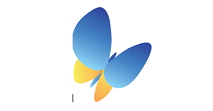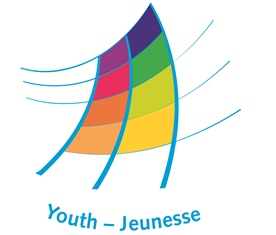Youth organisations
For their part, youth organisations can:
- Advocate rights-based approaches in youth policy;
- Support the dissemination of the Recommendation among young people;
- Lobby for implementation of the Guidelines;
- Apply rights-based approaches to issues and challenges affecting young people, notably through study sessions in the European Youth Centres and activities supported by the European Youth Foundation;
- Implement capacity-building and awareness-raising activities with young people about citizenship and human rights education;
- Promote the sharing of practices and exchange of experiences among partners and stakeholders at both national and European levels;
- Make sure that youth organisations monitor and advocate for an active implementation, possibly through the format of shadow reports.
Examples of good practice from youth organisations

European YWCA
STUDY SESSION: Young women on the move, leading change for young women migrants' and refugees' rights across Europe
Thirty young women participants came together for this week-long study session of intensive work on knowledge and skills building on gender equality, women’s rights and the rights of issues concerning migrant and refugee women in the context of widespread movement across Europe. Their aim was to establish a set of written and visual recommendations as to how the movement of the European YWCA and others ought to work with this subject. Read the report.

International Federation of Liberal Youth (IFLRY)
Study session: When You(th) Needs to Speak Up: Enabling Speech and Expression in a Diverse World
IFLRY organised a four-day intense training seminar on the freedom of speech within the context of human rights. Twenty-five young political leaders from around Europe and the world came together to discuss the obstacles and challenges of speaking out in the different regions in Europe, and what mechanisms were available for them to exercise their right.
The topic was very sensitive as many young people did not feel confident to speak up in their context, but after the seminar they felt more empowered and prepared to mitigate the risks from exercising their freedom of speech.
More about the study session and results in the report.



